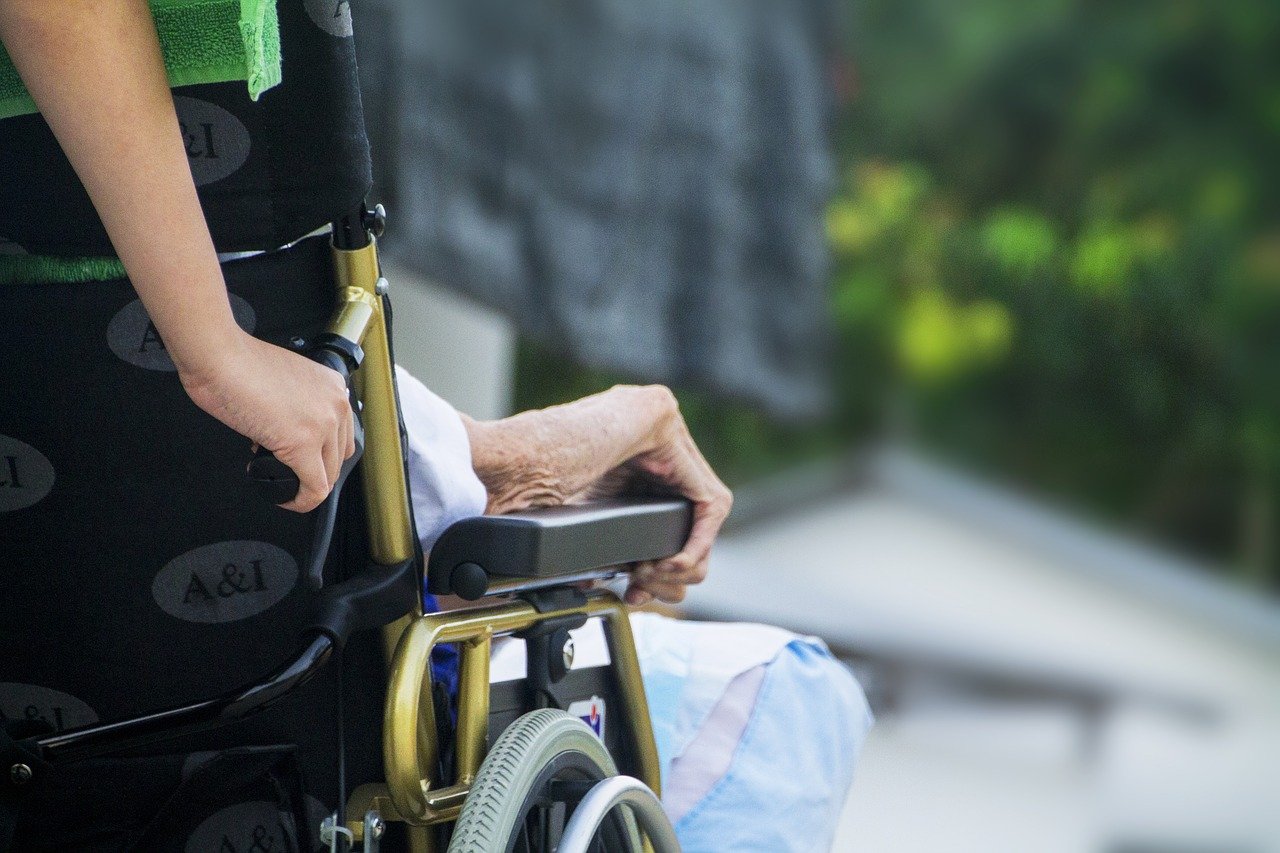About ElderShield Assessment
ElderShield Assessment is a long-term care insurance programme that helps pay for expenses. The Ministry of Health first issued Elder Shield in September 2002 as a severe disability insurance policy that provides minimal financial protection to those who require long-term care, particularly in their senior years. It gives severely disabled persons a monthly cash payment for up to 72 months to help with out-of-pocket expenditures related with their care.
What is the amount that ElderShield pays out?
If they experience a serious disability, ElderShield participants will get monthly reimbursements of $300 or $400 for up to 5 or 6 years, depending on when they first joined the programme.
There are two ElderShield plans to choose from:
- ElderShield300
- ElderShield400
ElderShield400 will cover you if you joined ElderShield after September 2007. If you signed up for ElderShield between September 2002 and August 2007, you’ll be covered by ElderShield300. For a maximum of 60 months, this plan pays you $300 every month (5 years).
How to become a member of Elder Shield?
As of the end of 2020, if you were born in 1980 or later, you will be automatically covered under Care Shield Life. You are not required to join ElderShield. If you were born in 1979 or earlier and previously opted out, you can re-join ElderShield by contacting any ElderShield insurer (e.g. Aviva, Great Eastern, or NTUC Income). Under ElderShield, all three insurers offer the same prices and payouts. You will be needed to undergo a medical checkup.
ElderShield Assessor
ElderShield and MyCare both use the same claim forms and Appointed Assessor panels. The Claim Form just has to be filled out once.
If you are currently unable to do three or more Activities of Daily Living, please take these three simple steps to register a claim (Washing, Dressing, Feeding, Toileting, Transferring, and Mobility).
- Fill out the claim form by printing it and completing it.
You can also pick up a copy at our customer service center or request one to be mailed to you.
- Schedule a meeting.
Make an appointment with an Appointed Assessor for a medical evaluation.
- Pay a visit to the Assessor you’ve been assigned.
Bring your completed Claim Form, and the assessor will send the paperwork to your insurance carrier for processing.
Interim Disability Assistance Program for the Elderly (IDAPE)Assessor
Interim Disability Assistance Program for the Elderly (IDAPE)When ElderShield was first established in 2002, a small percentage of elderly people were denied coverage because they were either over the maximum entrance age or had pre-existing infirmities.However, in 2002, the Ministry of Health Singapore launched another financial protection scheme, the Interim Disability Assistance Programme for the Elderly, which was designed exclusively for the tiny group of elders who were not qualified for ElderShield (IDAPE). IDAPE Assessor is a government aid programme that gives financial help to elderly Singaporeans who are in need or who are severely incapacitated.
Lasting Power of Attorney (LPA)
A Lasting Power of Attorney (LPA) permits someone over 21 (the “donor”) to appoint one or more people (the “donee(s)”) to make decisions and act on their behalf if they really lose mental capacity.
The Advantages of an LPA
Allows a person to appoint a trustworthy and capable proxy decision maker to serve in his or her best interests if they lose mental ability. Reduces the stress and inconveniences faced by family members who are required to seek a Deputyship order if a loved one loses mental ability, and an LPA is not in place.
Types of LPA
The following are the two types of lpa:
- Having a home and dealing with money LPA
The donor can use one of two forms of LPA to make financial decisions, including as selling their home or managing their bank account.
- An LPA is beneficial to one’s health and well-being.
For decisions concerning one’s health and well-being, such as where to live, day-to-day care, and medical treatment.
The most affordable lpa certificate issuer
A Cheapest lpa certificate issuer must witness and certify the LPA Form while you are filling it. Any of the following professions can provide you an LPA certificate: Three different types of experts can provide LPA certifications, as indicated below:
- Medical practitioners who have been certified.
- Lawyers
- Psychiatrists
The LPA certificate issuer also ensures that the Donor was not tricked into signing the LPA through deception or undue influence. The most frequently visited lawyers charge anywhere from $0 to $40 per hour, with the bulk charging $150. On staff is a group of LPA Certificate Issuers. Applicants who use Form will henceforth solely be responsible for the professional fees charged by LPA certificate issuers, such as accredited general practitioners, psychiatrists, or lawyers, which can range from to.
The certificate issuer will walk you through the terms and implications of an LPA and witness your signature on the form.To have their application seen and certified by an LPA Certificate Issuer, applicants must pay a fee. Certificates of Lasting Power of Attorney (LPA) issuers. While completing your LPA, an LPA Certificate Issuer must see and confirm the LPA Form.


 Home
Home









